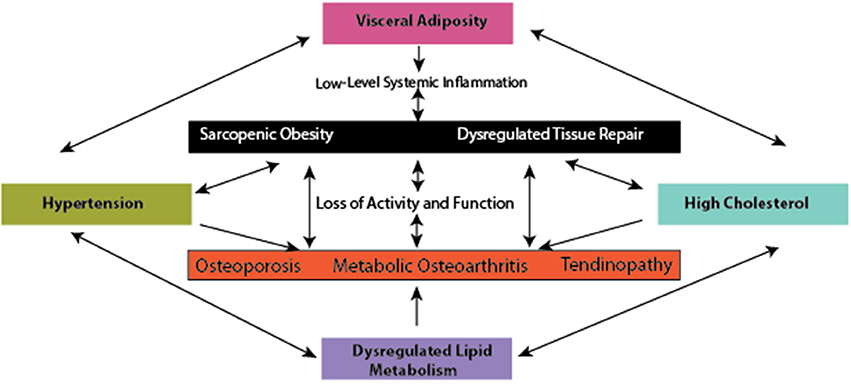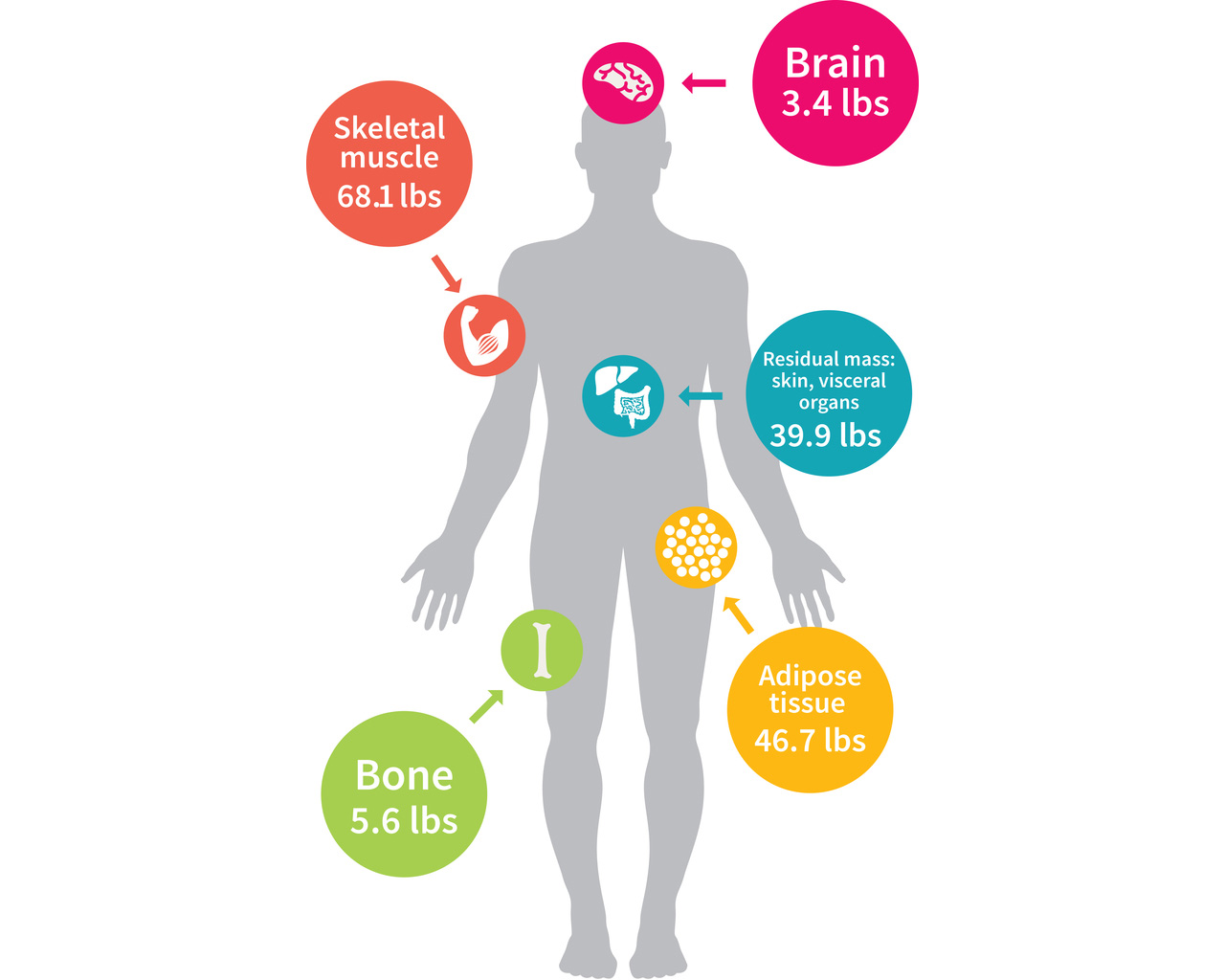
Introduction:
Calorie deficit refers to a state in which the body burns more calories than it consumes, leading to weight loss. It forms the basis of many dietary and weight loss programs, but its effects on overall health and various physiological factors are under continuous investigation. This study aims to provide a detailed analysis of the impact of calorie deficit on different aspects of health and weight loss.
Methodology:
To conduct this study, researchers conducted a comprehensive literature review on existing studies related to calorie deficit and its effects on health. Various electronic databases such as PubMed, Google Scholar, and Web of Science were searched for relevant articles. The inclusion criteria were set to encompass studies published in the last ten years, conducted on human subjects, and written in English. A total of 50 articles were selected and thoroughly analyzed to extract relevant information.

Results:
1. Weight Loss:
Calorie deficit is unquestionably effective for weight loss. A negative energy balance promotes the utilization of stored body fat for energy, resulting in weight reduction. Studies consistently demonstrate that sustained calorie deficits over a period of time lead to significant changes in body weight and body composition.
2. Metabolic Adaptations:
The body adapts to calorie deficits by slowing down metabolism to minimize energy expenditure, which can hinder further weight loss. This phenomenon is known as metabolic adaptations. Several studies have reported a reduction in resting metabolic rate (RMR) in individuals with prolonged calorie deficits, making it more difficult to sustain weight loss.
3. Muscle Mass Preservation:
One concern with calorie deficit is the potential loss of muscle mass. However, evidence suggests that incorporating resistance training and increasing protein intake can help mitigate muscle loss during weight loss programs. Engaging in regular exercise coupled with calorie deficit can result in more favorable body composition outcomes.
4. Hormonal Changes:
Caloric restriction can impact hormone levels and secretion patterns. Studies have shown that calorie deficits can lead to reduced levels of thyroid hormones,
testosterone, and leptin, while increasing cortisol levels. These hormonal changes may result in metabolic adaptations, muscle loss, and altered hunger and satiety cues.
5. Psychological Factors:
Calorie deficit diets may lead to psychological consequences such as increased hunger, food cravings, and negative emotional states. This psychological impact can make adhering to a calorie deficit diet challenging. Strategies such as meal timing, portion control, and the incorporation of nutrient-dense foods can aid in overcoming psychological barriers associated with calorie restriction.
Discussion:
Based on the findings of numerous studies, it is evident that calorie deficit plays a crucial role in weight loss. However, the potential negative effects on metabolism, muscle mass, and hormonal balance cannot be discounted. Consideration should be given to incorporate exercise and increase protein intake to minimize muscle loss. Moreover, long-term calorie deficit diets may require periodic refeeds or breaks to counteract metabolic adaptations and adherence challenges.
Conclusion:
Calorie deficit is an effective means of achieving weight loss, but its impacts extend beyond mere fat reduction. Understanding the associated physiological changes, such as metabolic adaptations, hormonal alterations, and the need for muscle preservation strategies, is vital to developing successful, sustainable weight loss programs. Furthermore, addressing the psychological aspects of calorie deficit is crucial for long-term adherence. Future research should examine the optimal approaches to minimize adverse effects while maximizing weight loss outcomes during calorie deficit interventions.